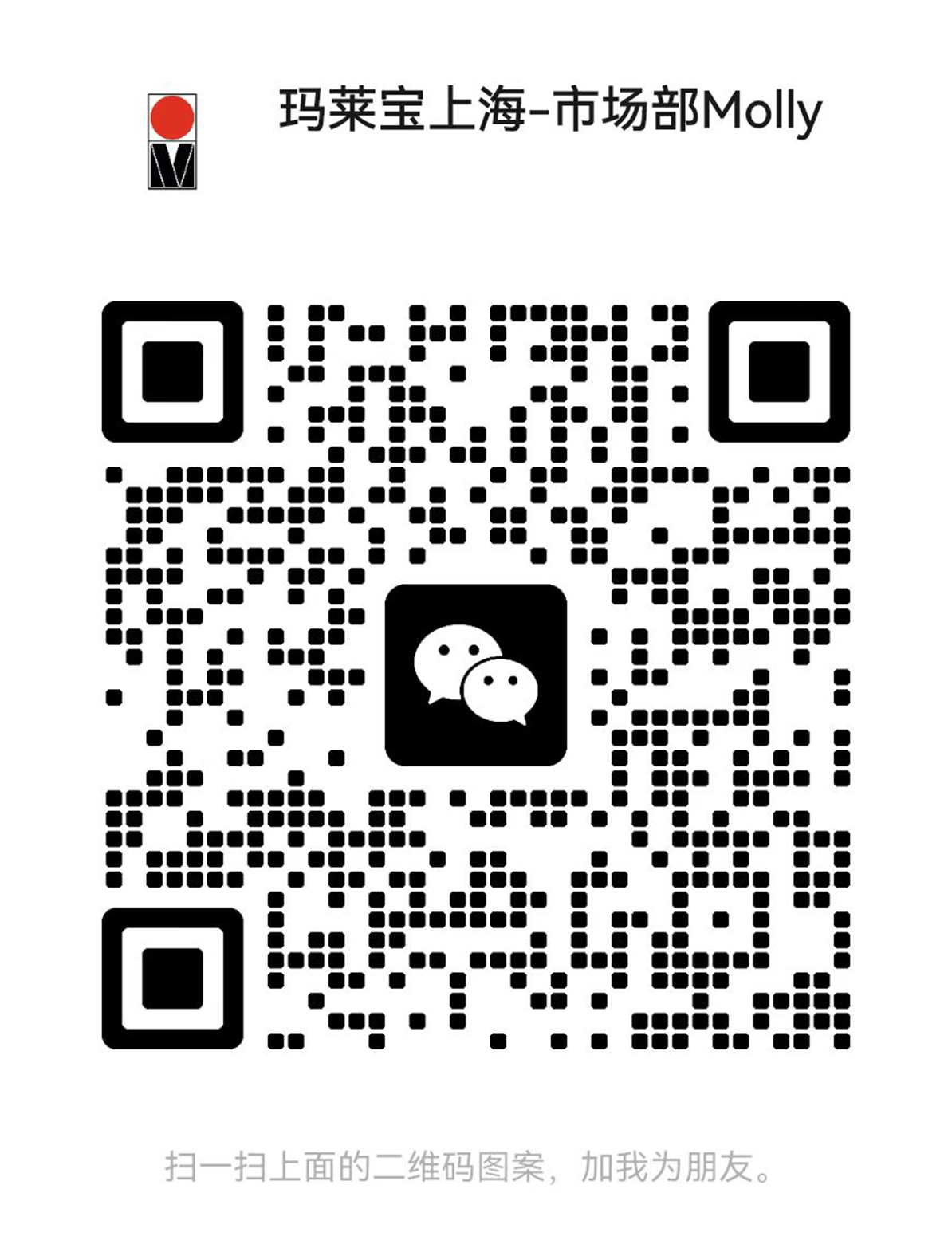
Marabu's founder, Albert Martz, was born on August 31, 1830, in Balingen, at the foot of the Swabian Alb in Germany. After a romantic and unrestrained youth, he opened an art pigment and tool retail store in Stuttgart in 1859 to make a living, which marked the beginning of the Marabu company.

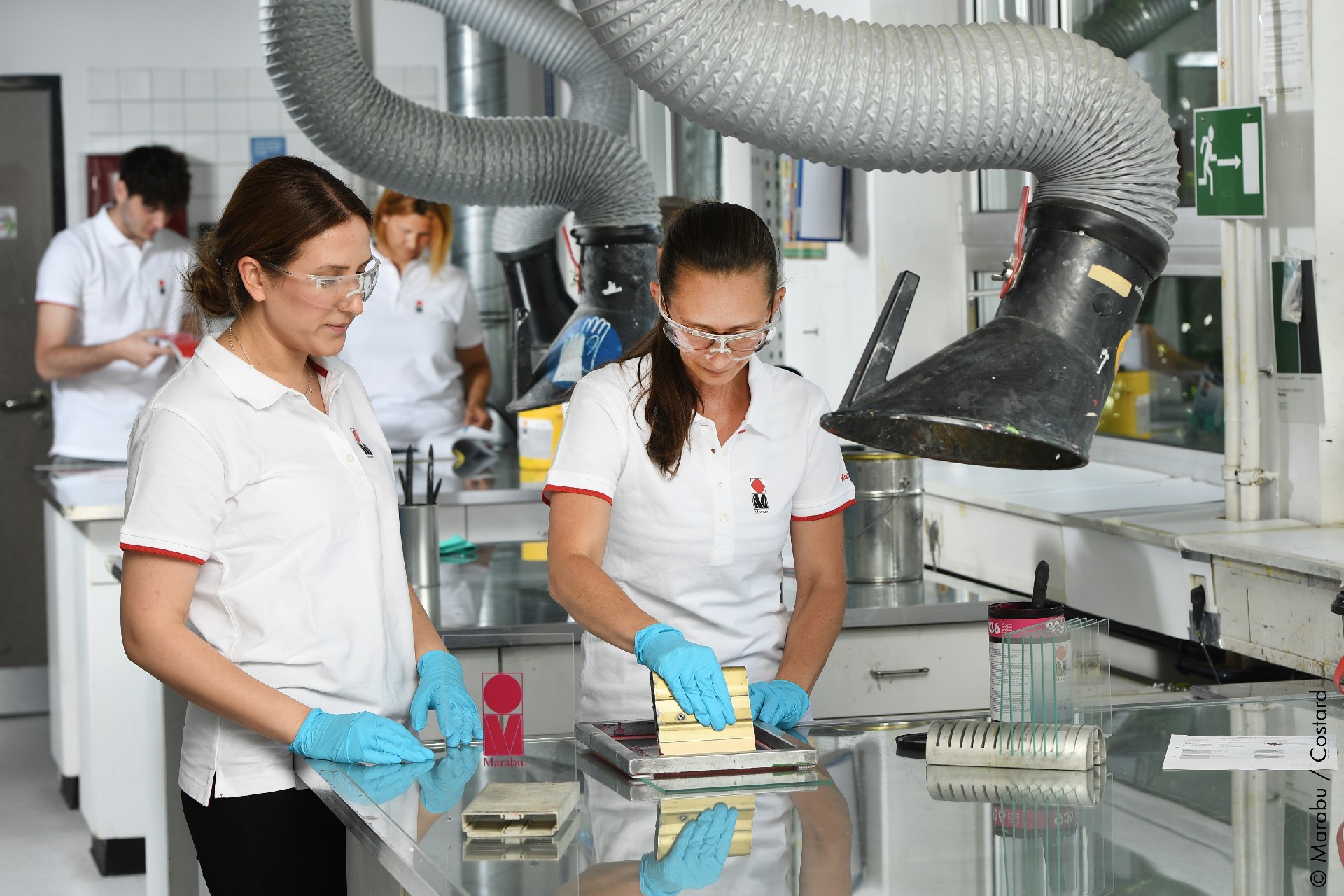
Today, Marabu faces opportunities and challenges: the global energy crisis and the spread of viruses around the world, the rise of new markets and the development of new technologies.
As a family-owned enterprise, Marabu and its employees face these challenges head-on, moving forward courageously; facing opportunities, full of confidence.
Injecting innovative power into new markets, enjoying success like in the past.
Our employees and management teams will continue to adhere to this strategy: focusing on innovation and pursuing quality.
Today, Marabu continues to focus on innovation and pursue quality amidst the global energy crisis.
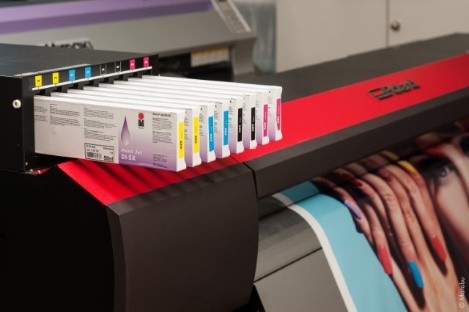
In 1997, the first digital oil-based ink was born.
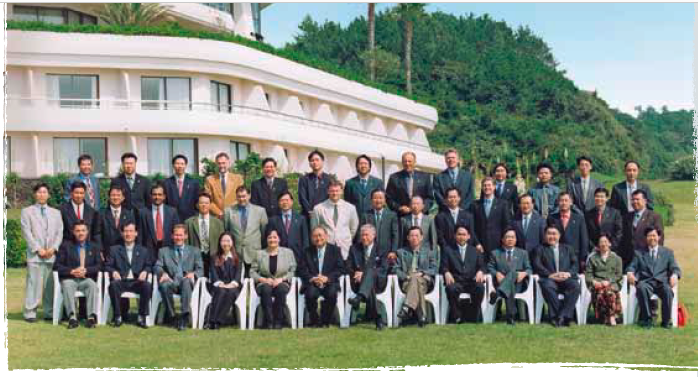
The 1990s were a period of significant changes in important markets, customer structures, and the establishment of new business units such as UV curing and digital printing inks.
Marabu established subsidiaries in Scandinavia, Spain, the Netherlands, and Singapore, highlighting the growing importance of the Asian market.
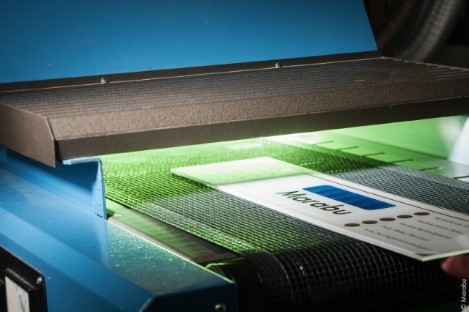
With the establishment of the French subsidiary of Marabu, Marabu UK was founded in Wales, followed by relocation to Milton Keynes. With the reunification of Germany, under the management of Rolf Simon, Marabu faced numerous challenges: new construction projects, UV silk screen printing ink production, and modernization updates to internal communication tools.
In the same year, the first UV ink was born.

Dr. Simon represented Marabu's transition from a manual business to an industrial company.
To improve Marabu's operational capabilities, he restructured the company's ownership structure, expanded its product line, upgraded its production equipment, and expanded its plant area.
In 1968, the Marabu plant area was further expanded by 2,000 square meters.
That same year, a new trademark was introduced.
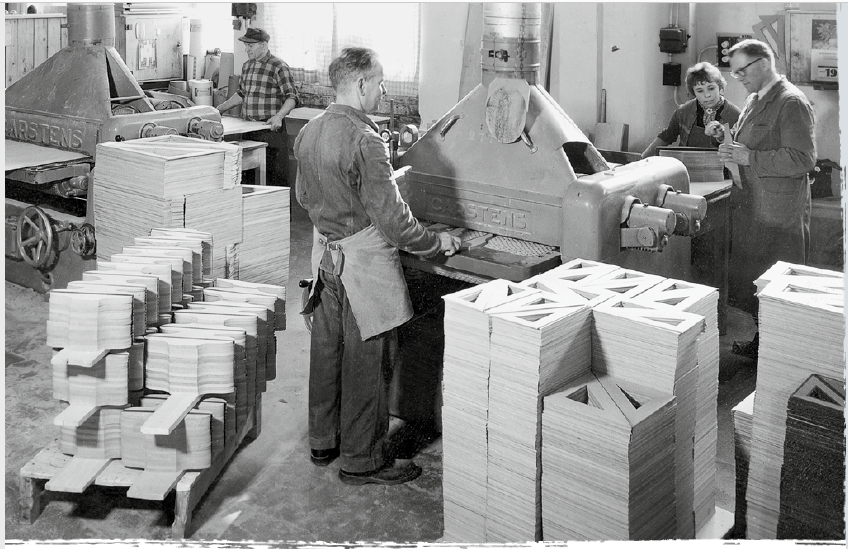
In 1961, Marabu products were distributed to 45 countries worldwide and exported to 80 countries. At that time, Tam had approximately 300 employees.
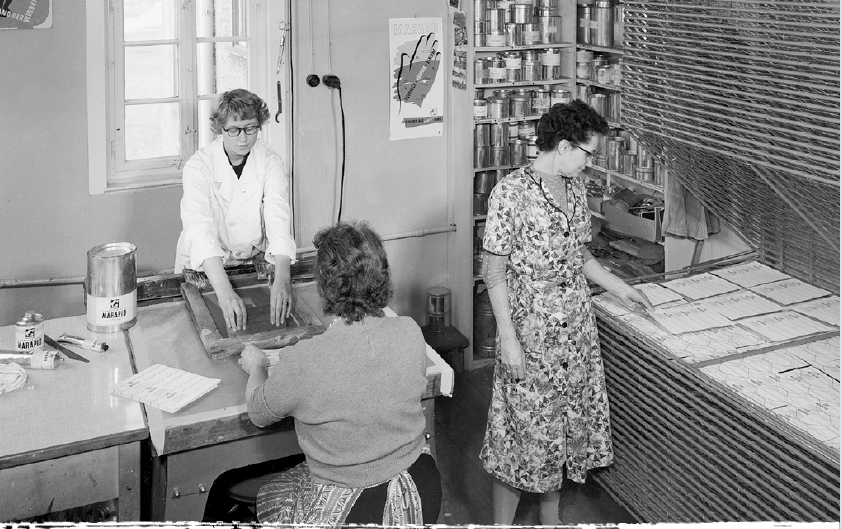
In 1952, the first screen printing ink was born.
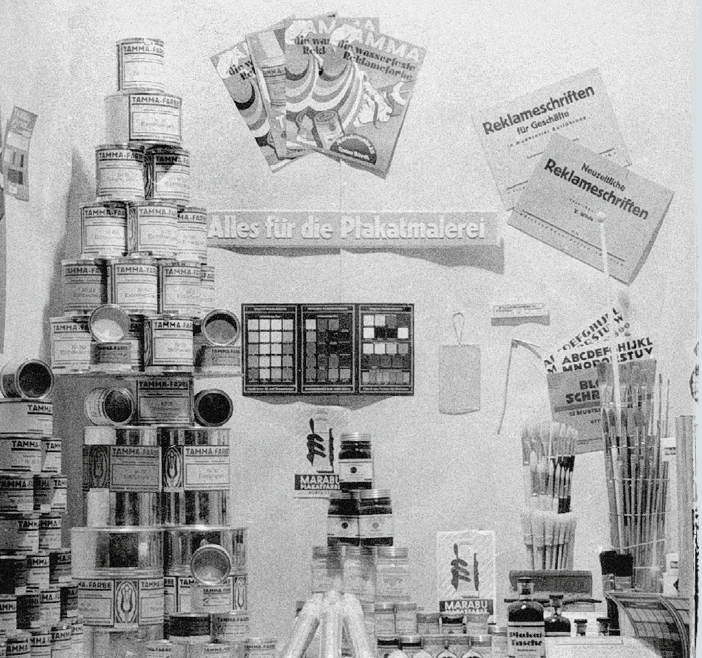
In 1920, the Martz retail stores located in Stuttgart and the Marabu in Tam began to separate.

In 1918, after the end of World War I, the production base was relocated to a new site near Ludwigsburg, in Tam.
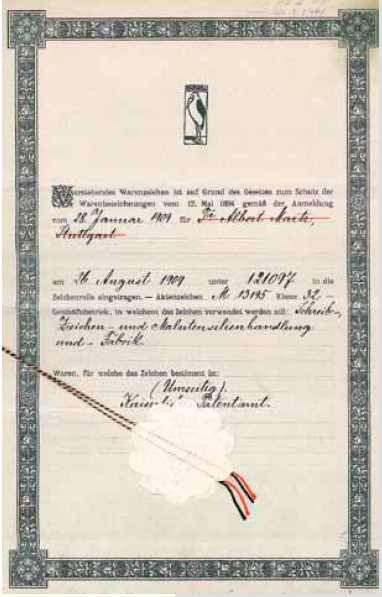
In 1909, the company's logo changed from "Martz" to "Marabu", and it was registered as a trademark with the Imperial Patent Office in Berlin.
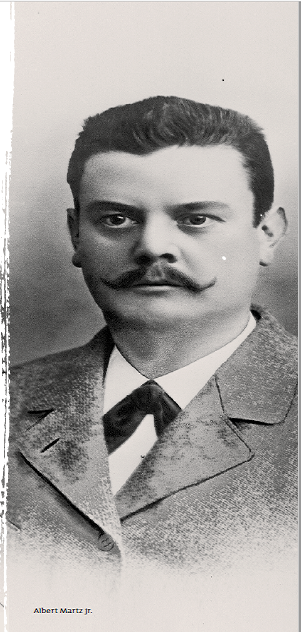
Albert Martz's descendants continued the family business. In 1888, after years of study in Paris and London, they took over the position of company general manager. Factory production increased significantly, leading to the expansion of the factory.
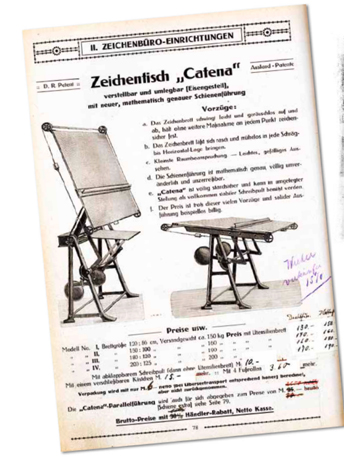
In 1870, in addition to producing artistic pigments, Martz also began manufacturing painting tools.


